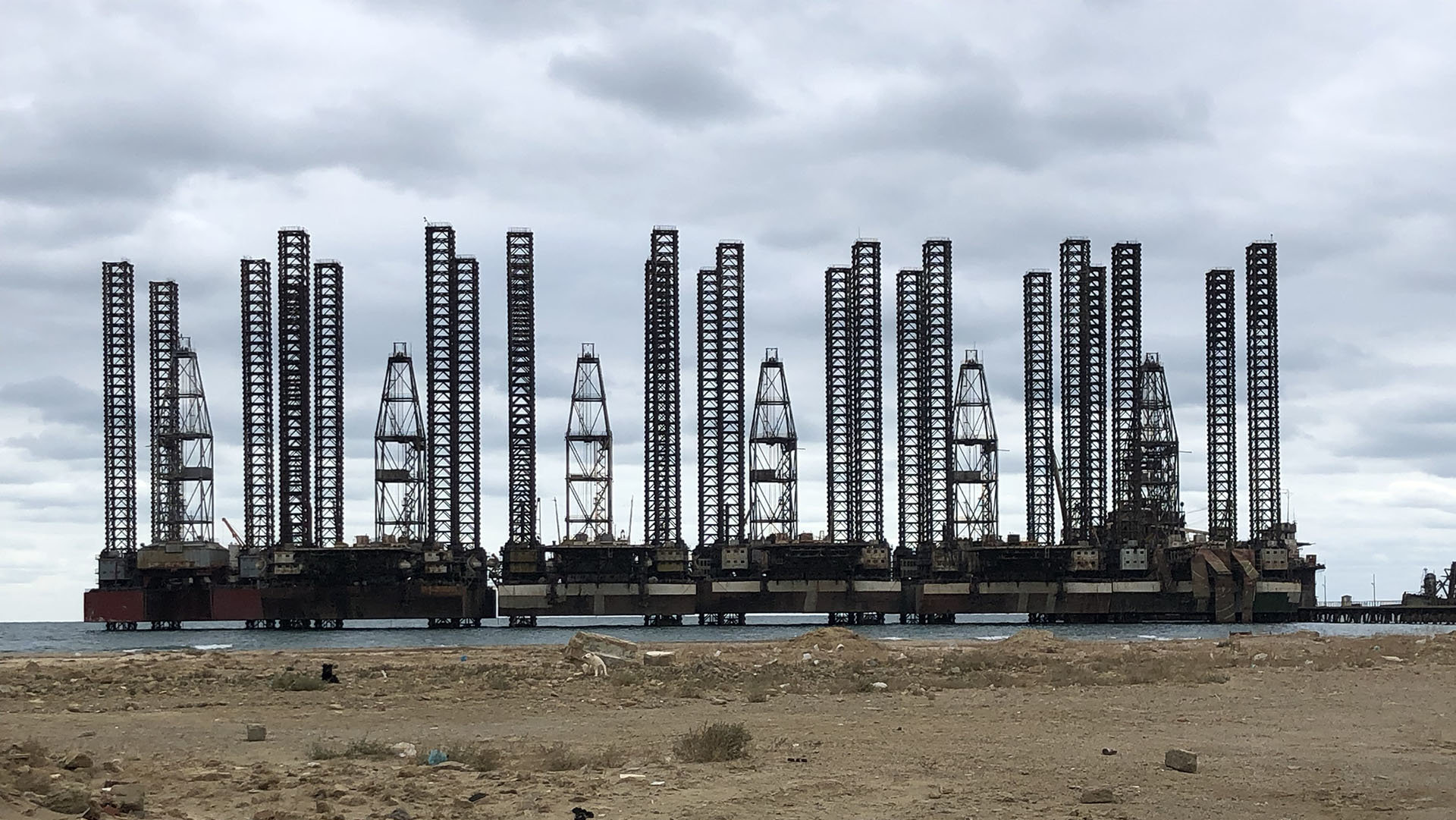Borders & Territories
Since architecture nowadays operates within highly complex and differentiating spatial conditions, Borders & Territories probes the agency of architecture through its spatial bordering practices in emerging territories. By studying these conditions, architects will gain insight into how borders are produced, controlled, coded and maintained within territorial entities, and how spatial sets of (cross-border) relationships thus also produce territories. Borders & Territories cultivates these architectural edge conditions with design experiments that challenge theoretical concepts, design procedures as well as representational techniques.

Focus and approach
Borders & Territories provides the environment necessary for students to pursue in-depth architectural investigations, while simultaneously encouraging a critical reflection upon the contemporary questions of the discipline. The studios adopt a broad view towards the notion of ‘architectural design’, with a strong emphasis on process-oriented (in contrast to goal-oriented) investigations. By tracing and mapping contemporary spatial conditions, the studios attempt to include adjacent, alternative and peripheral ideas into the design project. This approach stresses the importance of projecting the design process into tectonic, spatial, representational and verbal constructs, all of which are seen as important components in the development of an architectural project.
Programme
MSc 1 studio
The educational programme of ‘Borders & Territories’ (B&T) focuses on the territory as a problematic and complex field of operation, with its borders as the spatial tools for differentiation. The B&T MSc 1 studio is understood as a laboratory for the investigation of territorial, spatial, ecological, technical and architectural agencies in which participants will develop a ‘Border-Zone Institute’.
Programme MSc 1 fall semester 2024 (pdf)
MSc 2 studio
The MSc2 studio will focus on the relation between architectural research and architectural education by offering three parallel studios focusing on the main research themes of the chair, namely Border Conditions (ie spaces of conflict); Territory (ie architectural construct as territorial entity); and Mega-Micros (ie architectural operations in the post-urban, trans-territorial).
Programme MSc 2 spring semester 2025 (pdf)
MSc 3/4 graduation studio
The MSc 3/4 graduation studio will continue to investigate the New Silk Road, where the contemporary emergence of new(er) ‘Silk Roads’ will result, in the coming years, in an array of spatial transformations where different regimes of spatial planning, (inter-)continental infrastructural projects, political (dis-)agreements, border tensions, global capitalism, extra-state utopias and the like, will be re-formatting the territorial and urban landscapes along those lines connecting Asia with Europe.
Programme MSc 3 fall semester 2024 (pdf)
Staff
Dr. Negar Sanaan Bensi, Filip Geerts, Micha de Haas, Stefano Milani, Oscar Rommens, dr. Marc Schoonderbeek.
Additional information
Additional information about the projects and student work can be found here.
For detailed course descriptions, please visit the study guide:
MSc 1 (only in fall semester)
MSc 2* (only in spring semester)
MSc 3
* The MSc2 semester of the Architecture track consists of a 5 EC compulsory course and 10 EC of track-specific Architecture electives in the third quarter, followed by a 15 EC (intra)disciplinary elective in the fourth quarter, which can be an intensive architectural research and design project or an intradisciplinary elective in which you are challenged to work together with students from other tracks on overarching themes.